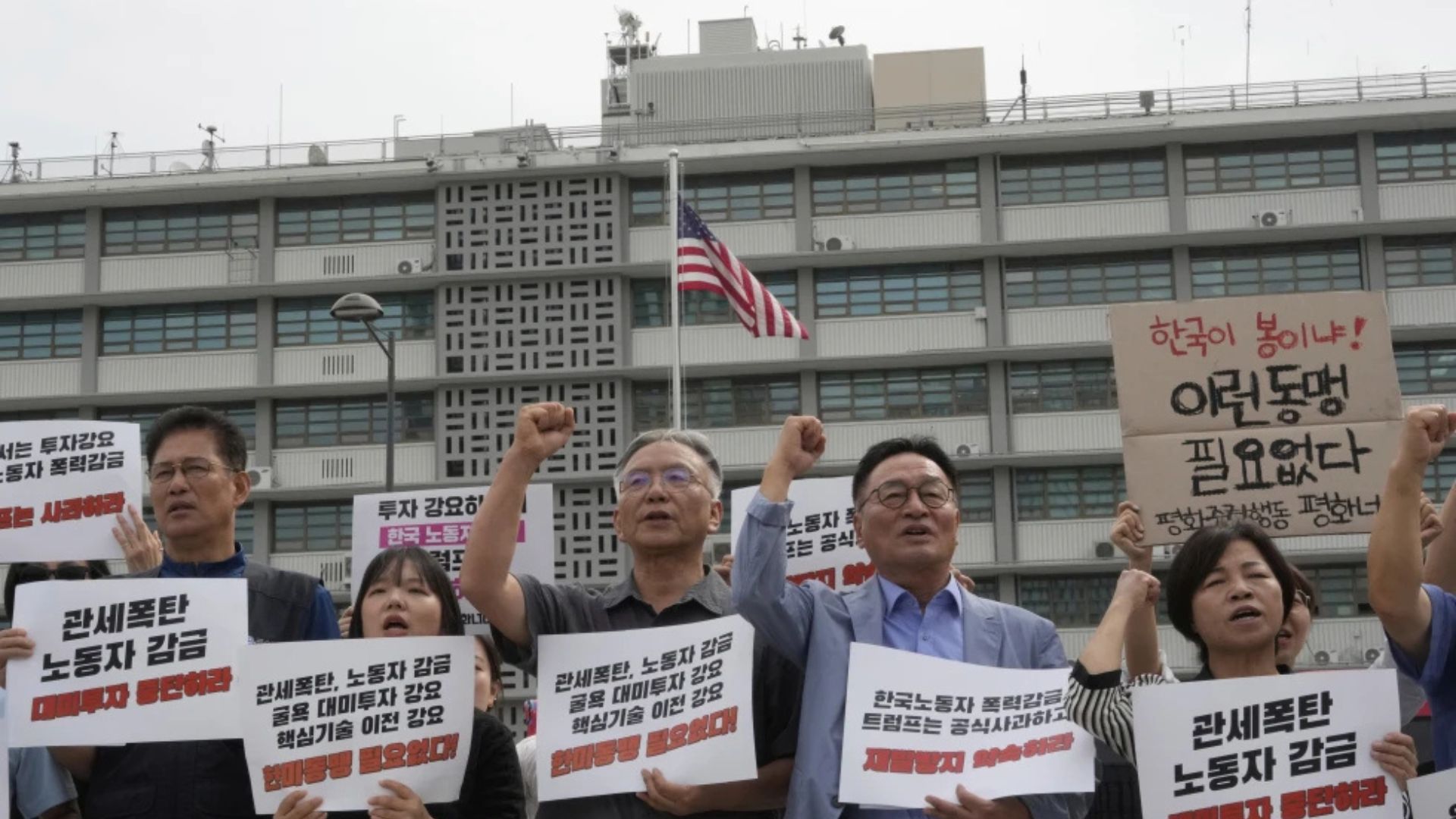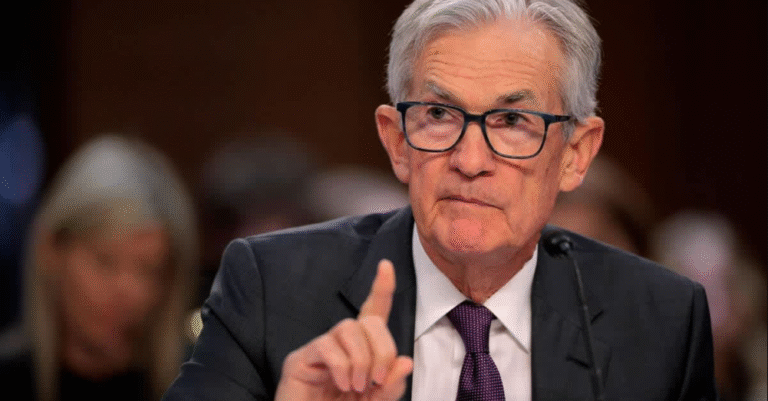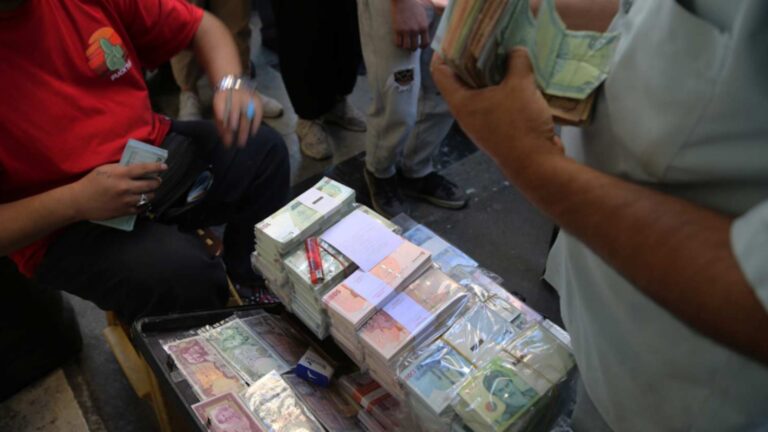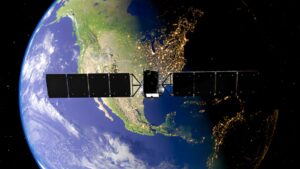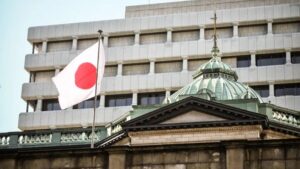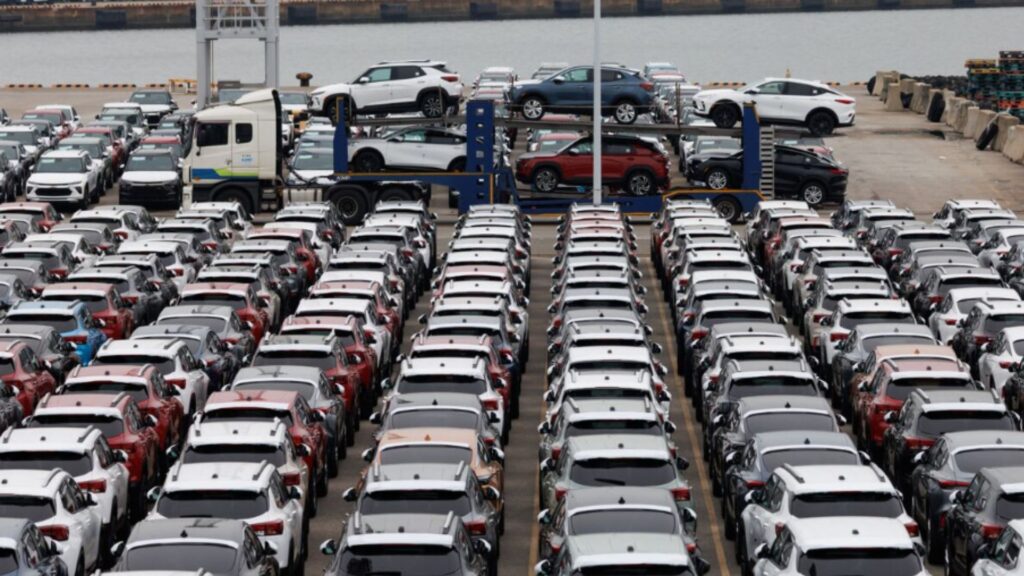
South Korea’s Foreign Minister Cho Hyun announced on Friday that Seoul will seek to resolve visa issues for Korean workers before proceeding with a $350 billion investment package in the United States, following an immigration raid that detained more than 300 South Korean employees at a Georgia construction site. While Cho emphasized that visa reforms are not a formal “precondition” to the investment commitment, he described the issue as a “critical issue of substance” that must be addressed prior to the disbursement of substantial funds (Yonhap).
The planned investment package, agreed upon in July as part of a wider trade deal that reduced U.S. tariffs on Korean goods from 25 percent to 15 percent, represents South Korea’s single largest economic pledge to the U.S. It covers projects across semiconductor manufacturing, electric-vehicle supply chains, clean energy, and advanced materials, and is expected to bolster American job creation and technology transfer.
Diplomatic Fallout from Georgia Raid
Tensions flared on September 4, when U.S. immigration authorities conducted what the Department of Homeland Security described as the largest single-site raid in its history at a Hyundai–LG Energy Solution battery plant construction site near Atlanta. Images of detained workers in handcuffs and chains circulated widely in South Korea, prompting widespread public outrage and urgent diplomatic consultations.
Most of the arrested workers, who held business visas or Electronic System for Travel Authorization permits intended for short-term visits, were repatriated to South Korea on a chartered flight on September 12. Nevertheless, the incident spurred immediate high-level discussions between Seoul and Washington to prevent future disruptions to Korean-led investments.
Visa Working Group and Task Force
In response to the diplomatic strain, both governments agreed to establish a bilateral working group aimed at streamlining visa procedures for Korean professionals. The U.S. State Department and South Korea’s Ministry of Foreign Affairs will lead the talks, striving to clarify visa categories, reduce processing delays, and ensure that project-critical personnel can enter the U.S. without fear of enforcement actions.
Domestically, Seoul has formed a pan-government task force comprising representatives from the Finance, Labor, Industry, and Foreign ministries, along with business associations such as Korea Chamber of Commerce and Industry (KCCI) and the Federation of Korean Industries (FKI). The task force will monitor U.S. visa policy changes, liaise with American counterparts, and provide real-time support to companies experiencing visa-related hurdles.
Balancing Investment and Immigration Policies
South Korean President Lee Jae Myung warned on Thursday that Korean firms would “hesitate” to commit capital to the U.S. if visa uncertainties persist, calling the Georgia raid “bewildering” and cautioning that it could discourage future investments (AP News). Lee highlighted South Korea’s position as the largest foreign investor in the U.S. in 2023, with direct investments totaling $21.5 billion.
The visa dispute underscores a broader tension between President Donald Trump’s agenda to attract foreign capital and his administration’s strict immigration enforcement. Trump, who has extended the September 17 divestiture deadline for TikTok to December 16 under executive orders, has similarly faced criticism for immigration raids that appear to conflict with efforts to incentivize overseas investment.
Next Steps and Future Outlook
Foreign Minister Cho reassured reporters that detained workers would encounter “no problems” re-entering the U.S. once visa issues are resolved. He stated, “I intend to do my utmost to ensure that the visa problem is resolved in some way before the investments actually begin.”
U.S. Treasury Secretary Scott Bessent, who announced the investment framework during trade talks in Madrid, signaled willingness to address the visa concerns swiftly. According to Bloomberg, both sides aim to conclude the working-group discussions by late October, allowing companies to initiate on-the-ground projects by the end of the year.
Resolution of the visa issue is seen as critical to maintaining the momentum of Korean-led investments in advanced manufacturing, semiconductor fabs, and green-technology facilities across several U.S. states. Failure to address the problem could stall major projects, affect hundreds of thousands of jobs, and strain what has long been considered a “model alliance” between two of the world’s largest economies.
As negotiations proceed, both governments emphasize the importance of balancing economic cooperation with immigration enforcement and national-security objectives. The outcome will test the resilience of U.S.–Korea relations and shape the trajectory of one of the largest foreign investment pledges in American history.




